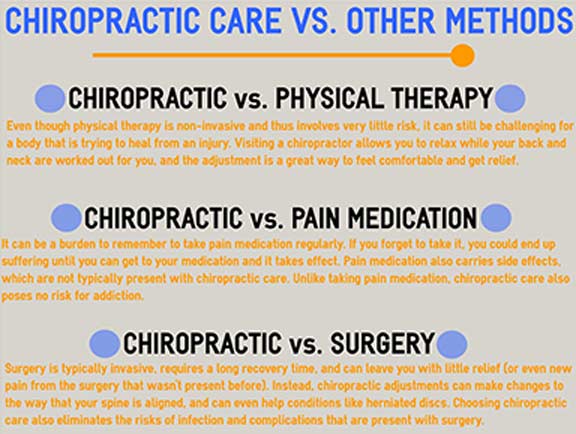You may be questioning the presence of acupuncture factors and their role in typical Chinese medicine. These points, linked to meridian theory, recommend an unique system of energy circulation in the body. While historical texts lay a structure, contemporary scientific research supplies new insights right into their significance. Are these ancient concepts compatible with modern understanding? The solution might stun you as we discover the intersection of tradition and contemporary study.
The Historical Origins of Acupuncture and Meridian Theory
Acupuncture, with its elaborate network of meridians, has deep historical origins that trace back countless years in ancient China.
You'll discover that very early texts, like the Huangdi Neijing, laid the structure for recognizing exactly how energy streams via the body. These writings presented the concept of Qi, the vital force that distributes along the meridians.
As you explore this ancient practice, you'll find how experts recognized particular points to affect health and wellness and balance.
Over centuries, acupuncture progressed, integrating different techniques and ideologies, yet it remained deeply attached to its origins.
Scientific Perspectives on Acupuncture Points
While lots of people still watch acupuncture as an old art rooted in tradition, scientific research study has actually progressively shed light on the physical systems behind acupuncture factors.
Studies suggest these factors may represent areas abundant in nerve endings, capillary, and connective tissues. When needles boost these factors, they can activate biochemical reactions, such as the launch of endorphins and various other natural chemicals, which assist relieve pain and promote recovery.
Imaging techniques like functional MRI have actually shown changes in mind activity associated with acupuncture, supporting its efficacy.
While browse around here remains, growing evidence indicate a potential biological basis for acupuncture, welcoming additional expedition into just how these ancient practices can align with modern clinical understanding.
Incorporating Old Practices With Modern Medication
As more healthcare providers identify the worth of alternative strategies, incorporating old techniques like acupuncture with modern-day medicine is becoming progressively appropriate.
You may discover that incorporating these methods can boost person treatment, offering a more extensive therapy strategy. By recognizing the advantages of acupuncture-- such as discomfort alleviation and stress and anxiety decrease-- you're not only dealing with physical symptoms yet additionally advertising general well-being.
This integration allows you to tailor treatments to private requirements, bridging the gap in between standard knowledge and contemporary clinical techniques. Teaming up with acupuncturists can likewise increase your expertise and offer your individuals with a larger variety of alternatives.
Inevitably, welcoming this fusion can cause better wellness results and a much more well balanced approach to healing.
Final thought
In conclusion, acupuncture points may not fit nicely right into modern medical standards, but their historical value and emerging scientific assistance suggest they hold worth. By discovering the intersection of old techniques and modern research, you can appreciate how these points could affect wellness. Whether you're a skeptic or a follower, comprehending meridian theory unlocks to brand-new perspectives on wellness and healing, welcoming you to take into consideration the possible advantages of acupuncture in your own life.
